Russia stresses solution to Ukraine crisis should be peaceful
Russia has stressed that the crisis in Ukraine should be resolved peacefully, as the United States and other NATO countries deploy military personnel and equipment to the country, where government forces are fighting ethnic Russians in the east.
In a phone conversation with Anne Linde, the chairperson-in-office of the Organization for Security and Cooperation (OSCE) and Sweden’s minister for foreign affairs on Wednesday, Lavrov said Russia was interested in the settlement of the Ukrainian crisis “exclusively by peaceful means,” and stressed that all sides should focus on the implementation of the Minsk Agreement.
The ceasefire agreement was signed between Kiev and Moscow with French and German support in the Belarusian capital of Minsk in 2015, but both parties have on numerous occasions accused each other of violating the ceasefire.
Lavrov voiced concern about the escalation “caused by the transfer of Kyiv’s personnel and weapons to the line of contact” in the volatile Donbass region and accused the Ukrainian military of “regular shelling of the suburbs of Donetsk and Luhansk.”
The Russian foreign minister also expressed hope that “the Swedish OSCE chairmanship-in-office will make the necessary efforts to ensure that Kyiv strictly fulfills its obligations to resolve the conflict.”
Lavrov also called on OSCE to solve the humanitarian problems of the populations of Donetsk and Luhansk by recognizing the economic blockade of the territories, also drawing Linde’s attention to the lack of objectivity in the work of the OSCE monitoring mission in the Donbass.
“In the current situation, the OSCE Special Monitoring Mission to Ukraine is required to boost steps to impartially monitor the situation on both sides of the contact line in the Donbass, primarily the deaths of civilians and the destruction of civilian infrastructure,” he said.
Kiev and Moscow have traded blame in recent weeks for a spike in violence in the Donbass, where Ukrainian troops and pro-Russian forces have been fighting since 2014.
The armed conflict began when a wave of protests in Ukraine overthrew a democratically-elected pro-Russia government and replaced it with a pro-West administration. The majority in those areas refused to endorse the new administration.
The new government then began a crackdown on the ethnic Russians in the east, who in turn took up arms and turned the two regions of Donetsk and Luhansk — collectively known as the Donbass — into self-proclaimed republics.
Kiev and its Western allies accuse Moscow of having a hand in the crisis. Moscow, however, denies the allegation.
Relations between Moscow and Kiev further deteriorated when the Black Sea peninsula of Crimea rejoined Russia following a referendum in 2014. More than 90 percent of the participants in the referendum voted in favor of that unification.
Meanwhile, NATO has called on Russia to withdraw its troops from near Ukraine’s eastern border, which the alliance claims is Moscow’s biggest buildup since 2014.
Moscow says the military buildup — as part of a three-week snap military drill to test combat readiness — poses no threat to any country and is for defensive purposes since two US warships are due to arrive in the Black Sea this week.
Russia, Ukraine hold simultaneous military drills
Ahead of the arrival of the American warships, the Russian Navy began a military drill by rehearsing firing at surface and air targets in the strategic Black Sea on Wednesday.
The Ukrainian armed forces also rehearsed repelling a tank and infantry attack near the border with Crimea.
Ukraine accuses Russia of planning to store nukes in Crimea
In another development on Wednesday, Ukrainian Defense Minister Andrii Taran accused Russia of preparing to potentially store nuclear weapons in Crimea, and claimed that Moscow could attack Ukraine to ensure water supplies for the peninsula.
“Crimea’s infrastructure is being prepared for potentially storing nuclear weapons,” Taran told the European Parliament’s sub-committee on defense. “The very presence of nuclear munitions in the peninsula may spark a whole array of complex political, legal, and moral problems.”
Taran claimed that Russia was amassing 110,000 troops on Ukraine’s border in 56 battalion-sized tactical groups, citing intelligence.
The Ukrainian defense minister also said he could not rule out a possibility that pro-Russia forces in Crimea could “undertake substantive military provocations” this year.
IRGC official: US buildup, psychological tactics aim to 'swallow Iran again'
Iran’s three-man team captures triple gold at UWW ranking series in Tirana
Iranian academic sentenced to 4 years in prison in France for supporting Palestine
VIDEO | Press TV's news headlines
Russia: West seeks to repeat past ‘plunder’ of Iran’s oil
Herzog visits Ethiopia to expand Israeli footprint in Africa
VIDEO | Sunni family's legacy of sacrifice inspires unity, solidarity in Iran
VIDEO | Israeli restrictions force World Central Kitchen to halt Gaza meals


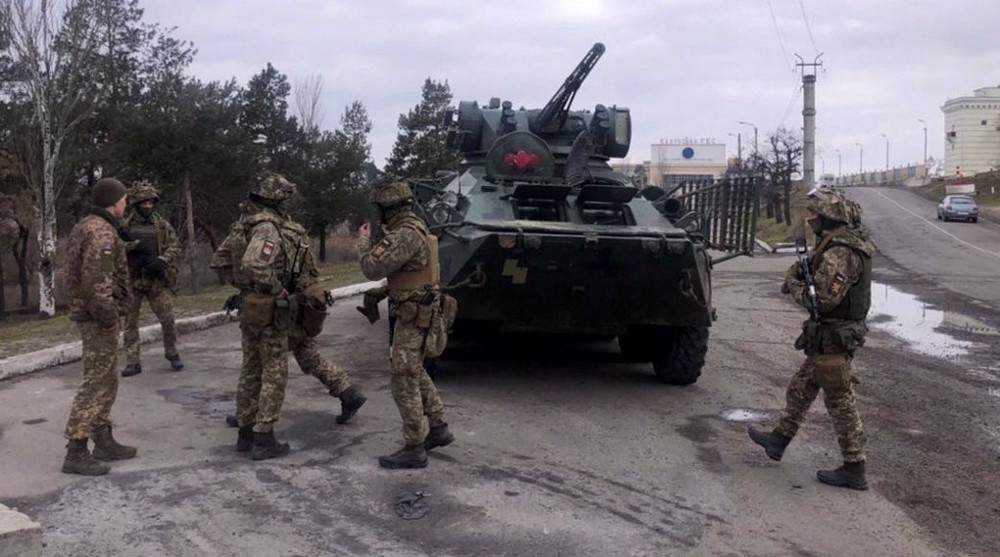



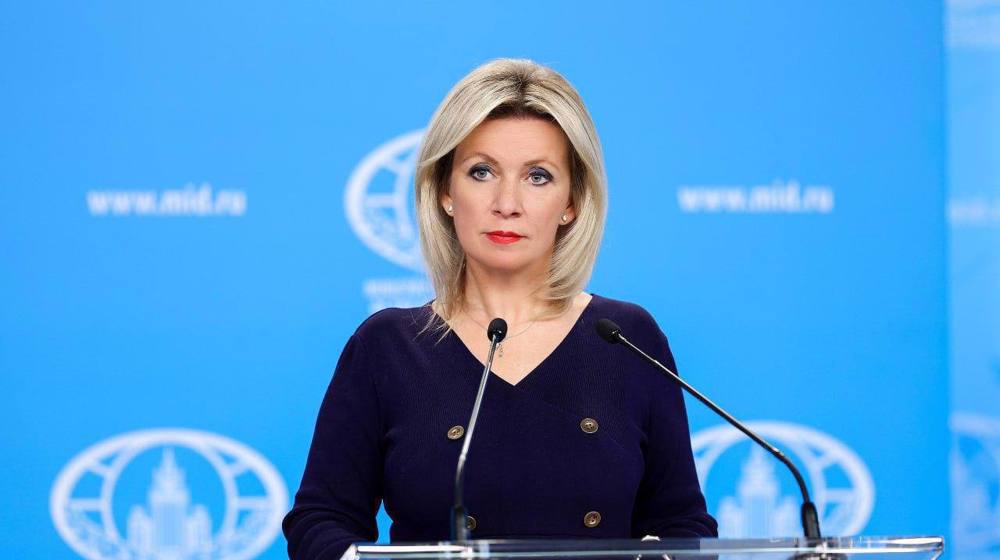
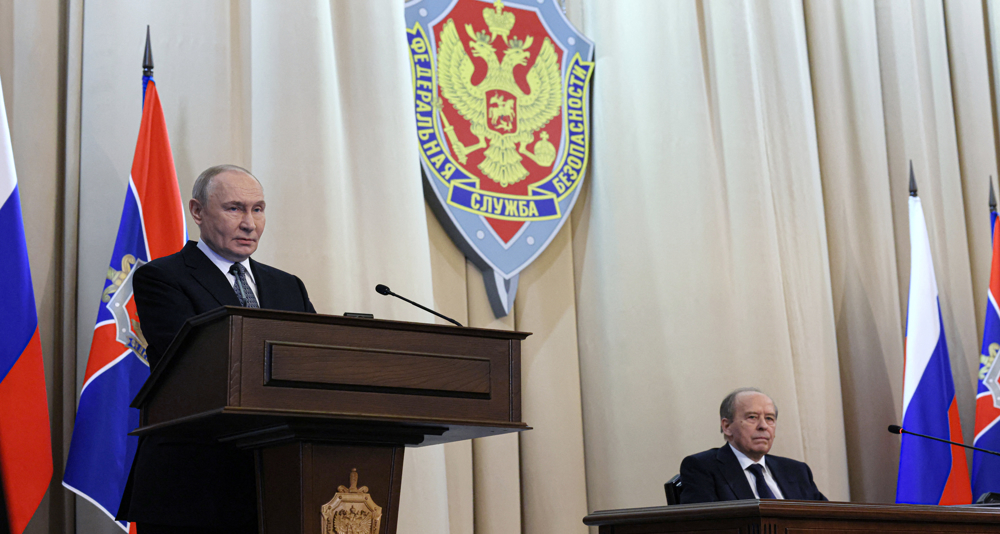
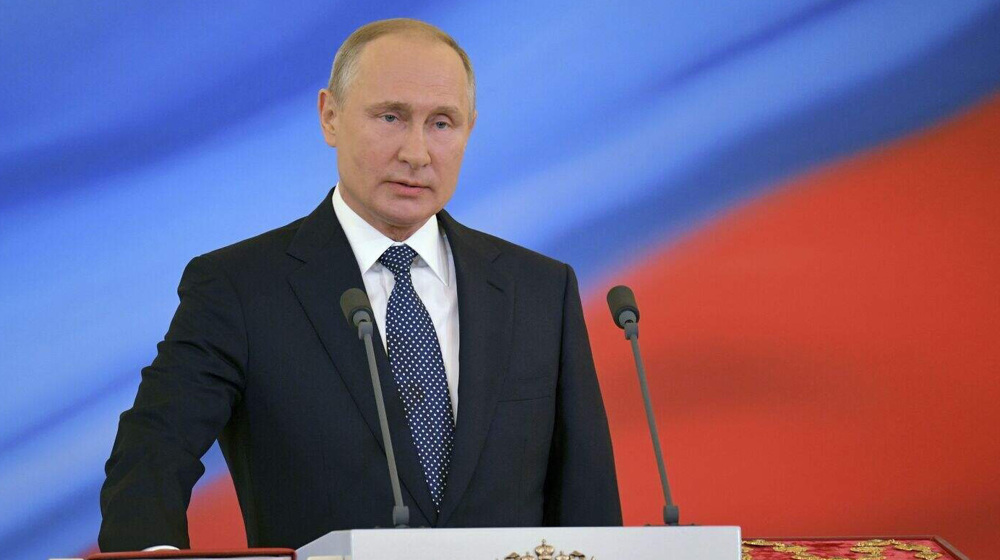



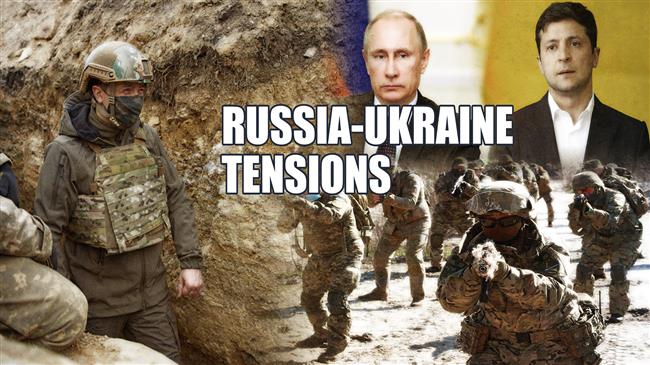
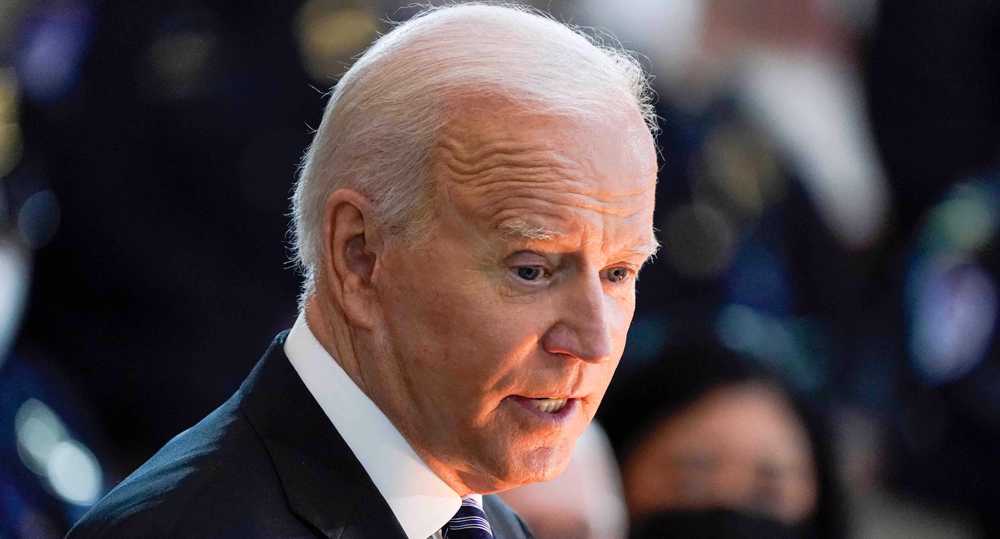

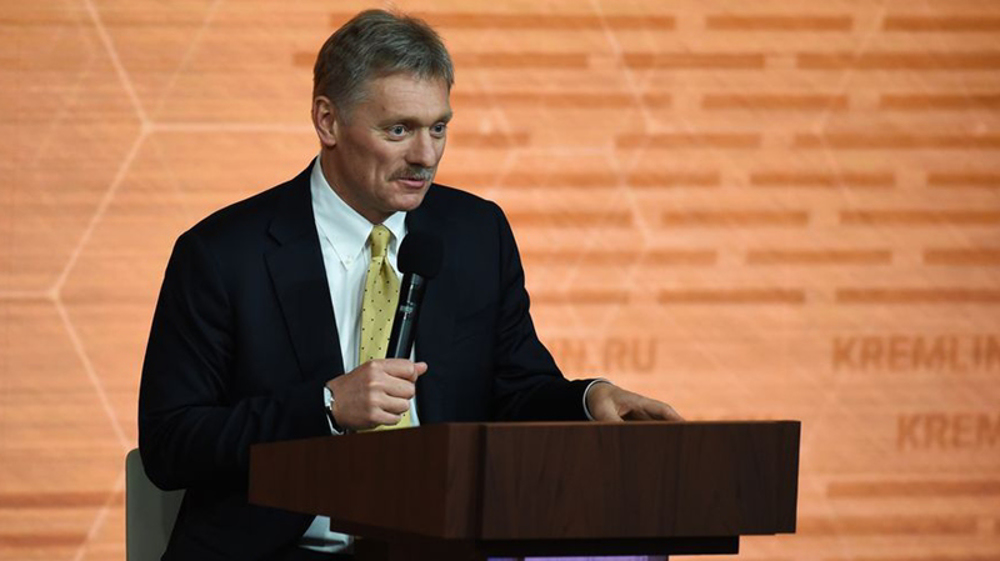


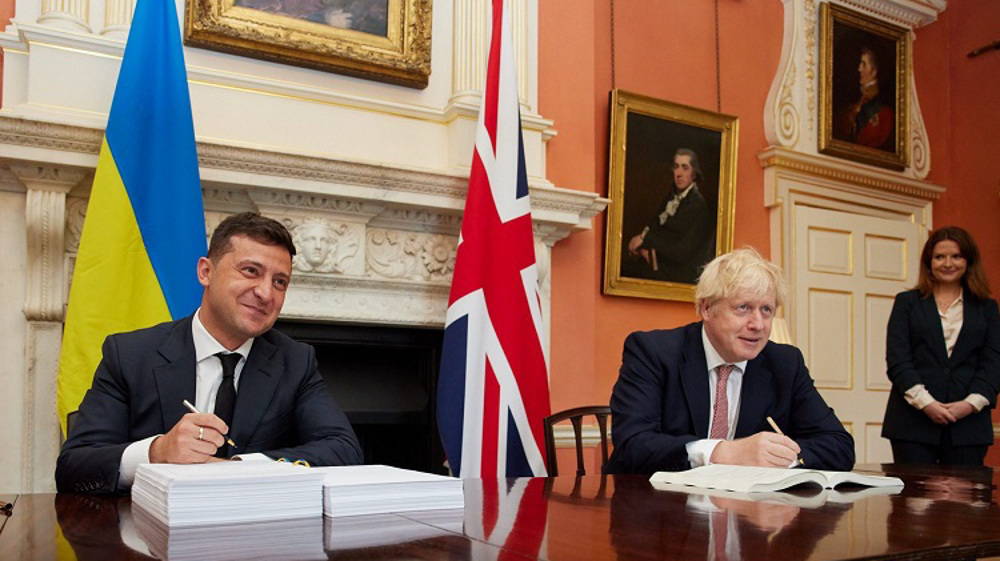
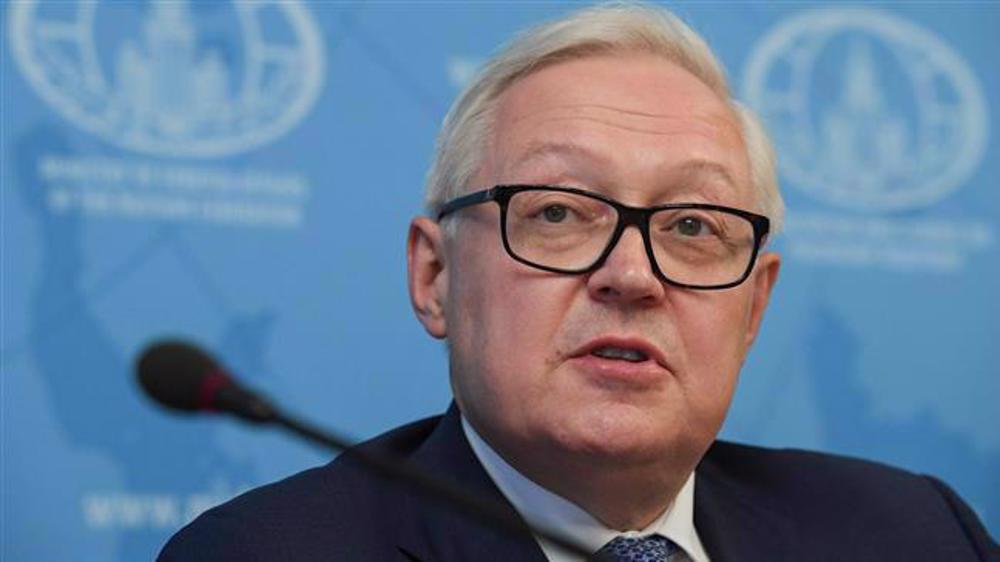

 This makes it easy to access the Press TV website
This makes it easy to access the Press TV website